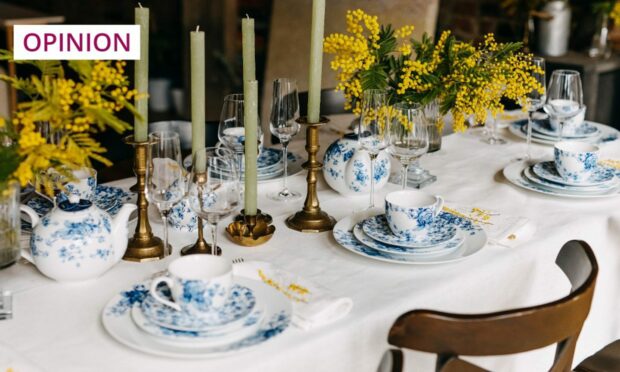Talking about death makes most of us feel uncomfortable, so we avoid it. Therefore, we avoid planning for it. I’m here to announce that that’s a big mistake.
Your nearest and dearest could be left to make tough, uncomfortable decisions, and potentially find they have an excruciating and expensive legal mess to unpick. I know this from family experience, and, my God, is it stressful.
Why am I thinking about this? Maybe because we’ve experienced two deaths in our family where there was no will and no explicit wishes around end-of-life care.
An old friend died suddenly, only a few weeks ago, at an impossibly young age. Impossibly young for me to confront, because he was younger than me, with kids the same age. I’ve been in hospital in the last fortnight, for emergency care, not life threatening – thank God – but still scarily unknown.
I’ll put it another way: planning for the end of your life isn’t really about you. Planning for your inevitable death is a gift to the people you care about the most.

I liken it to having a birth plan. When I was pregnant, I had a clear birth plan, and I updated it when things changed – what changed most was my twins had the longest gestation period ever: 40 weeks and a day! Unheard of.
I had to remove the tiny baby clothing and nappies from the hospital bag and refill it as they kept incubating in my enormous belly.
My choices in treatment were limited. I couldn’t have a home birth. But I could choose my pain relief. I could choose who would be present. The atmosphere and environment I wanted. Why should death planning be any different?
Death planning is not only for the wealthy
As well as gleaning from my personal experiences, I spent many hours sitting with people who were dying when I was a young student nurse, and briefly worked in palliative care. Here are some simple, practical tips – not legal or medical advice, just my thoughts after more than half a century on this planet.
Make a will and name the executor. Everyone should have a will, even if they don’t have much money. Trust me on this: it gets messy if you don’t.
Death planning is not only for the wealthy. It’s not just about the monetary value of what you own, it’s also about the feelings and emotions attached to your possessions. Who is going to get that special piece of jewellery, or the wedding china? Believe me, disagreements about something sentimental can cause irreparable cracks in an already strained family after a bereavement.
Name (in writing) the person you trust to take care of everything when you die, the executor. In most cases, this will be a family member. The most important thing is that you have a strong relationship with them.
Remember, it’s a lot of work to be someone’s executor. (My sister knows that she is mine. Don’t worry, she’s not going to read it first in a column!)
Make an inventory. List everything you own, not just the things that are financially valuable like your house, pension and car, but everything that has some sentimental value: record and book collections, jewellery, paintings. Think about who you want to leave them to.
If you have children, name a guardian for them. Choose carefully, because that person will be responsible for your child’s schooling, healthcare decisions and upbringing. Same goes for your pets: remember that, in law, they are regarded as property.
Your will takes care of what happens after you die. This covers healthcare, medical treatment and ensuring your wishes at the end of your life can be communicated if you are no longer able. You might appoint someone to have power of attorney, so they can make decisions for you if you can’t.
We always think we have more time
Medical advances mean we’ve become great at keeping people alive, but sometimes quality of life can be forgotten. How many times do loved ones have to make difficult and emotional decisions around a hospital bed?
Strained relationships are stretched to their limits when family members disagree about what to do: this is why end-of-life conversations are vital – before it gets to that point.
What kind of care do you want to receive? Would you want maximum pain medication or to retain consciousness? Do you want to be resuscitated? People with young children may want to try every possible treatment, for as long as possible, no matter how painful and exhausting.
Planning for death inevitably makes you think about life
And don’t forget the emotional and spiritual aspects of death. How you want to die is personal, and about much more than just medical care.
Planning for death inevitably makes you think about life. The most common regrets of people who are dying can be distilled to a single thought: we always think we have more time.
Beyond regrets, people come to one common understanding: in the end, love is all that really matters.
Donna McLean is originally from Ayrshire and is a mum of twins, writer and activist












Conversation